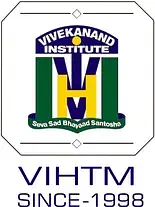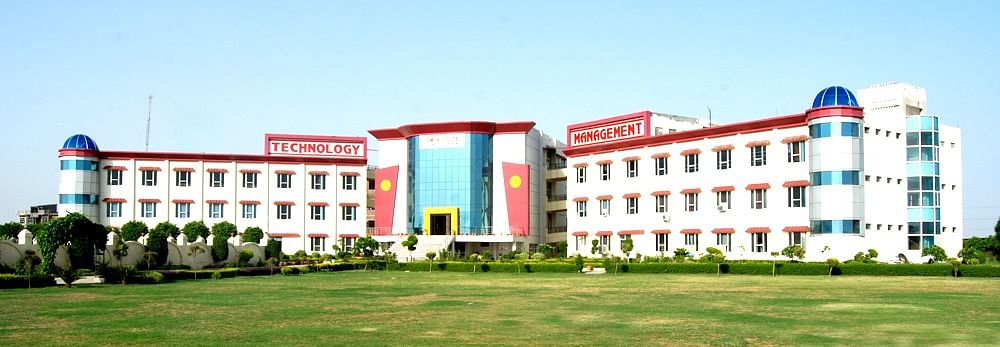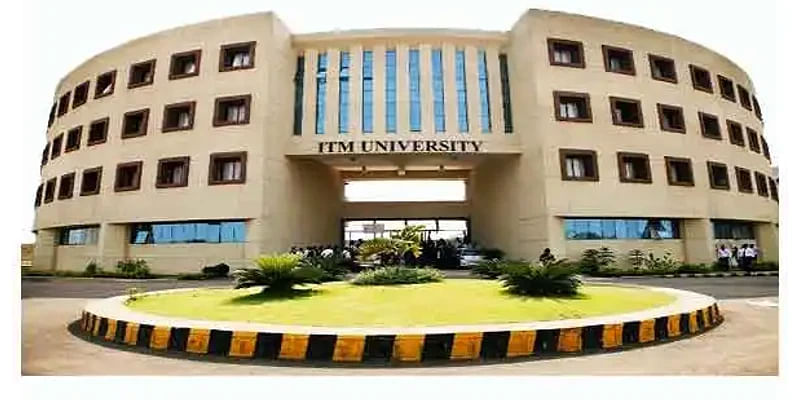MBA in Tourism Management Syllabus and Subjects

MBA Tourism Management syllabus includes subjects like Communication Skills, Tourism Marketing, Tourism Policy and Law, Fundamentals of Tourism, Travel Patterns and Tourist Behavior, Business Communication and Personality Development, Destinations and destinations Development, etc. The MBA in Tourism Management course syllabus is listed below.
Semester Wise MBA Tourism Management Syllabus
The syllabus of the MBA in Tourism Management has various subjects such as Communication Skills, Tourism Marketing, Tourism Policy and Law, Fundamentals of Tourism, Travel Patterns and Tourist Behavior, Business Communication and Personality Development, Destinations and destinations Development, etc.
MBA in Tourism Management course covers a wide range of topics and are divided into four semesters. The semester-by-semester MBA in Tourism Management subject list is listed below:
MBA in Tourism Management First Year Syllabus
The table below contains the list of MBA in Tourism Management subjects in the first year:
| Semester I | Semester II |
| Management Concept | Information Technology for Tourism |
| Organizational Behaviour | Tourism Concept and Impact |
| Tourism Economics | Tourism Products of India Transport Management |
| Tourism Marketing | Travel Agency Management |
| Geography and International Tourism | Soft Skill Laboratory |
MBA in Tourism Management Second Year Syllabus
The table below contains the list of MBA in Tourism Management subjects in the second year:
| Semester III | Semester IV |
| Contemporary issues in Tourism | Business Communication |
| Accounting & Finance for Managers | Human Resource Management |
| Business Research Methods | Tourism Policy, Planning and Development |
| Hospitality Management | Relationship Marketing |
MBA in Tourism Management Subjects
MBA in Tourism Management subjects cover a wide range of subjects and topics that are essential for aspirants to learn over the course of Two years. Subjects for the MBA in Tourism Management are divided into core and elective categories. The following is a list of MBA in Tourism Management subjects:
MBA in Tourism Management Core Subjects
The core MBA in Tourism Management subjects list of essential subjects that all MBA in Tourism Management students study, is as follows:
- Development of Tourism Through Ages
- Tourism Industry & Its Linkages and Travel
- Behaviour Motivations
- Tourism and Its Theories
- Tourism Organizations
- Functions of Management
- Planning
- Organizing & Directing
- Motivation and Controlling
- Financial Accounting
- Accounting Information
- Financial Statement Analysis and Interpretation
- Cost Accounting and Financial Management
Practicals:
- Practical Session
- Seminar
- Internship
- Project Work
MBA in Tourism Management Elective Subjects
- Heritage Conservation & Management
- Aqua-based Adventures
- Business Law & CSR
- Foreign Languages
- Entrepreneurship and Business Plan Development
- Special Interest Tourism
- Tour Operation Management
- Event Management
- Cargo Management
- Air fares & Ticketing
- Logistics Management
MBA in Tourism Management Course Structure
An MBA course is often divided into core and optional courses. The first several semesters of the MBA programme are devoted to core studies. The core curriculum could take up to one academic year to complete, depending on the MBA programme. The subjects in the MBA in Tourism Management course teach not only theoretical knowledge but also practical and interpersonal skills that are necessary.
The following is a breakdown of the MBA in Tourism Management course structure:
- IV Semesters
- Core Courses
- Elective Courses
- Practicals
- Seminars
- Internship
- Project Work
MBA in Tourism Management Teaching Methodology and Techniques
MBA in Tourism Management has its own set of teaching methodologies and techniques. Practical lessons are used to teach subjects so that students can understand what is being taught to them. MBA schools use case studies, group projects, and other types of action-based learning in addition to standard lecture-based instruction to increase the effectiveness of instruction.
As a result, additional information regarding the course's theory and implementation is gained. The following are the various teaching approaches used in the MBA in Tourism Management course:
- Practical /Project sessions
- Internship
- Seminars
- Regular Lectures
MBA in Tourism Management Course Projects
Through project-based learning, the MBA in Tourism Management programme focuses on group projects and activities are a common teaching strategy. Teams of six to eight students each work on assignments and other course-related tasks as they progress through the course.
Working on projects is primarily intended to ensure that students understand the concepts from beginning to end. The following are some of the most common MBA in Tourism Management projects:
- Accessing The Significance Of Transportation System In Tourism Industry
- Assessment Of The Significance Of Cultural Tourism To Sustainable Development
- Development And Promotion Of Creative Tourism As A Panacea For Economic Sustainability In Ekiti State
- E-Marketing In The Hospitality Industry: Prospects And Challenges
- Evaluating The Need For Effective Policies As A Panacea For Sustainable Hospitality And Tourism Industry
- Impact Of Marketing Communication In Promoting Tourist Destination
MBA in Tourism Management Course Books
The MBA in Tourism Management books give students an in-depth study of their area of concentration in addition to providing a foundational understanding of the course. The following are the reference books for the MBA Tourism Management syllabus:
|
Name of Book |
Author |
|
Tourism Principles & Practices |
S.K. & Mishra |
|
Essentials of Management |
Koontz H. and Weihrich |
|
Management Accounting |
Sharma R.K & Gupta |
|
Human Resource Management |
Mirza, S. |
|
Travel Agency Management |
Chand, M. |
|
Tourism and Economic Development |
Cornell, S.E. |
|
International Tourism |
Reisinger, Y. |
|
Tourism Economics |
Mukhopadhayay, S. |














